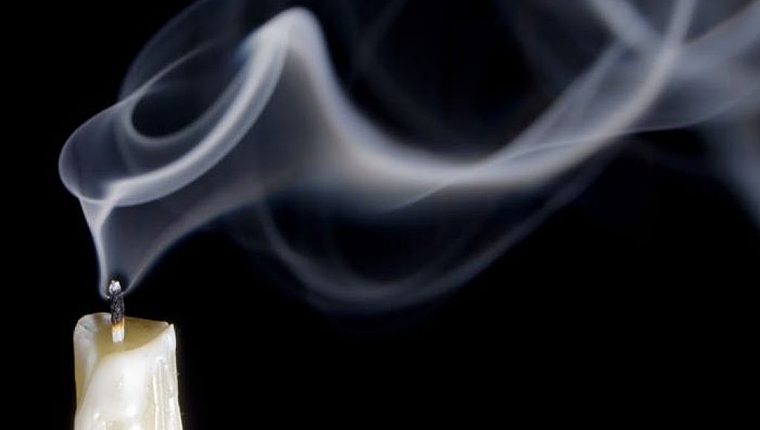
Of all the difficult things in the world, watching myself get old and decrepit will surely rank among the toughest. Unless I keel over and suddenly expire, fate dictates I will likely suffer indignities of pain, weak bones, altered gait, low energy, debilitating disease, and/or dementia before death delivers its final mercy. Like audience members trapped in center row seats during a lousy movie, I’ll watch as I fall apart and dissolve before my eyes, unable to do much of anything to stop it.
I watched both my parents get old, then very old. They seemed shocked by very old age, and what they lost by degree day by day. Eyes, heart, lungs, legs; one way or another their bodies began to fail them. In my father’s case, it made him angry. He’d stop while walking, poor circulation causing leg pain. “Goddamnit,” he’d curse, “hold on, my leg hurts.” By 91, he’d largely lost his vision to macular degeneration; “I just want to read the paper!” he’d complain. One day I asked him what he’d imagined very old age would be like. “Never thought about it,” he grunted.
My mother would sit on her wicker sofa and scrutinize her changed body. “Look how ugly I’ve become,” she’d mourn, “can you believe it?” Running her fingers across her slackened thinning skin, she’d shake her head in dismay. “How long does this go on?” she’d ask repeatedly; I never was certain what “this” meant. “Well,” I’d say, “Nobody knows, mom. One thing’s for sure, nobody gets out alive.” She always laughed; her memory failing at 89, she’d laugh every time.
Though in denial, in some sense both my parents knew death was calling. Long divorced, they each lived in their own apartment, but near the end they both repeatedly asked to go home. My mother would pack her bags, and my father kept telling me to call the doorman because a car was waiting. Finally bed-ridden, needing constant care, reduced to helplessness, their last few days were spent simply breathing.
Tibetan Buddhists perform ritual practices called visualization. In these, one generates a detailed mental image of a practice deity, learns to switch places with it to perform various rituals, then merges with it, and completes the practice by dissolving the visualization into the emptiness from which it arose. It’s said such rituals help lessen dependence on one’s physical self, preparation for that moment when consciousness leaves the body. Outwardly seeming esoteric and exotic, having watched my parents dissolve, I now realize such rituals are rooted in our ordinary human experience.
To watch yourself dissolve, to leave everyone and everything you love, even your own body, is life’s biggest test. We don’t ask to be born, but having been, we don’t like leaving. It’s an inevitable event, but not one we enjoy thinking about or for which we are very well prepared. When asked to describe his daily practice, the Dalai Lama responded it’s preparation for death. I have no idea how well I’ll be prepared, but I don’t think I’ll be shocked.
“It’s not fair, Larry,” my mother observed three days before she died, referring to the indignities of very old age. Then smiling, still with a sense of humor, she leaned close to me, winked and added, “Get out while you can.”